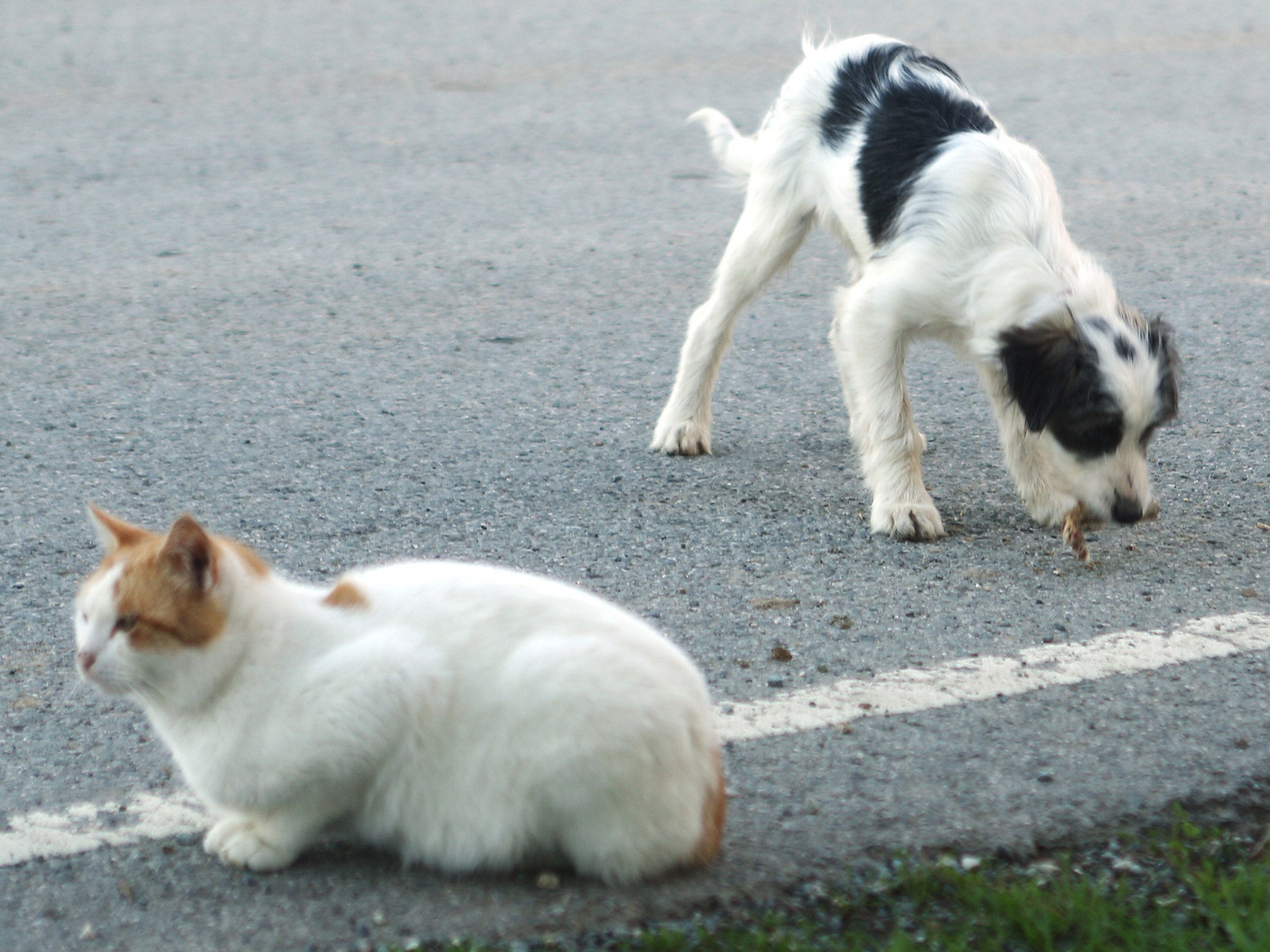Human rights for cats and dogs: Spanish town council votes overwhelmingly in favour of defining pets as 'non-human residents'
Animal rights group hails decision as 'a great day for humans and non-human citizens alike'

Your support helps us to tell the story
From reproductive rights to climate change to Big Tech, The Independent is on the ground when the story is developing. Whether it's investigating the financials of Elon Musk's pro-Trump PAC or producing our latest documentary, 'The A Word', which shines a light on the American women fighting for reproductive rights, we know how important it is to parse out the facts from the messaging.
At such a critical moment in US history, we need reporters on the ground. Your donation allows us to keep sending journalists to speak to both sides of the story.
The Independent is trusted by Americans across the entire political spectrum. And unlike many other quality news outlets, we choose not to lock Americans out of our reporting and analysis with paywalls. We believe quality journalism should be available to everyone, paid for by those who can afford it.
Your support makes all the difference.If the Magna Carta marked the birth of human rights, today we may have reached its apotheosis. In Spain, or at least in one Spanish town, politicians have just voted overwhelmingly in favour of creating what are effectively human rights for dogs and cats.
The town council in Trigueros del Valle, a municipality of about 330 people in the Castile and León region, voted unanimously to define dogs and cats as “non-human residents”, giving them rights similar to men and women.
“Dogs and cats have been living among us for over a 1,000 years,” said Pedro Pérez Espinosa, the town’s Socialist mayor. “And the mayor must represent not just the human residents but must also be here for the others.”
Animal rights groups celebrated the new-found protection for pets. “Today, we are closer as species and we are now more human thanks to the sensitivity and intelligence shown by the people of Trigueros del Valle,” said Rescate 1, a group that campaigns for animal rights. “This is a great day for humans and non-human citizens alike.”
Even if some animal lovers might think that the new law goes just a little too far, those opposed to bullfighting have reason to cheer. The new act also included a provision that bans “any action that causes the mutilation or death of a non-human resident”.
A number of towns, cities and regions in Spain have already outlawed bullfighting, which Trigueros del Valle’s new legislation was clearly designed to do. Bullfighting is banned outright in some areas, such as Catalonia, although the central government in Madrid is known to be considering declaring the tradition part of Spain’s national heritage. The move would give promoters certain tax breaks, and crucially allow them to ignore local government bans.
What the new legislation in Trigueros del Valle does not address, however, are cases where a beloved dog or cat is put to sleep as an act of compassion. So far, there is no precedent.
It is not the first time a non-human has been afforded something similar to human rights. Campaigners in the US have been fighting for some time to get greater recognition for chimpanzees. In May, a court ruled that four chimps in a university research laboratory could not be treated as property, and instead must be regarded as legal persons. It was the first time any individual rights have been granted to anything other than humans.
There is likely to be an appeal against the verdict.
Join our commenting forum
Join thought-provoking conversations, follow other Independent readers and see their replies
Comments